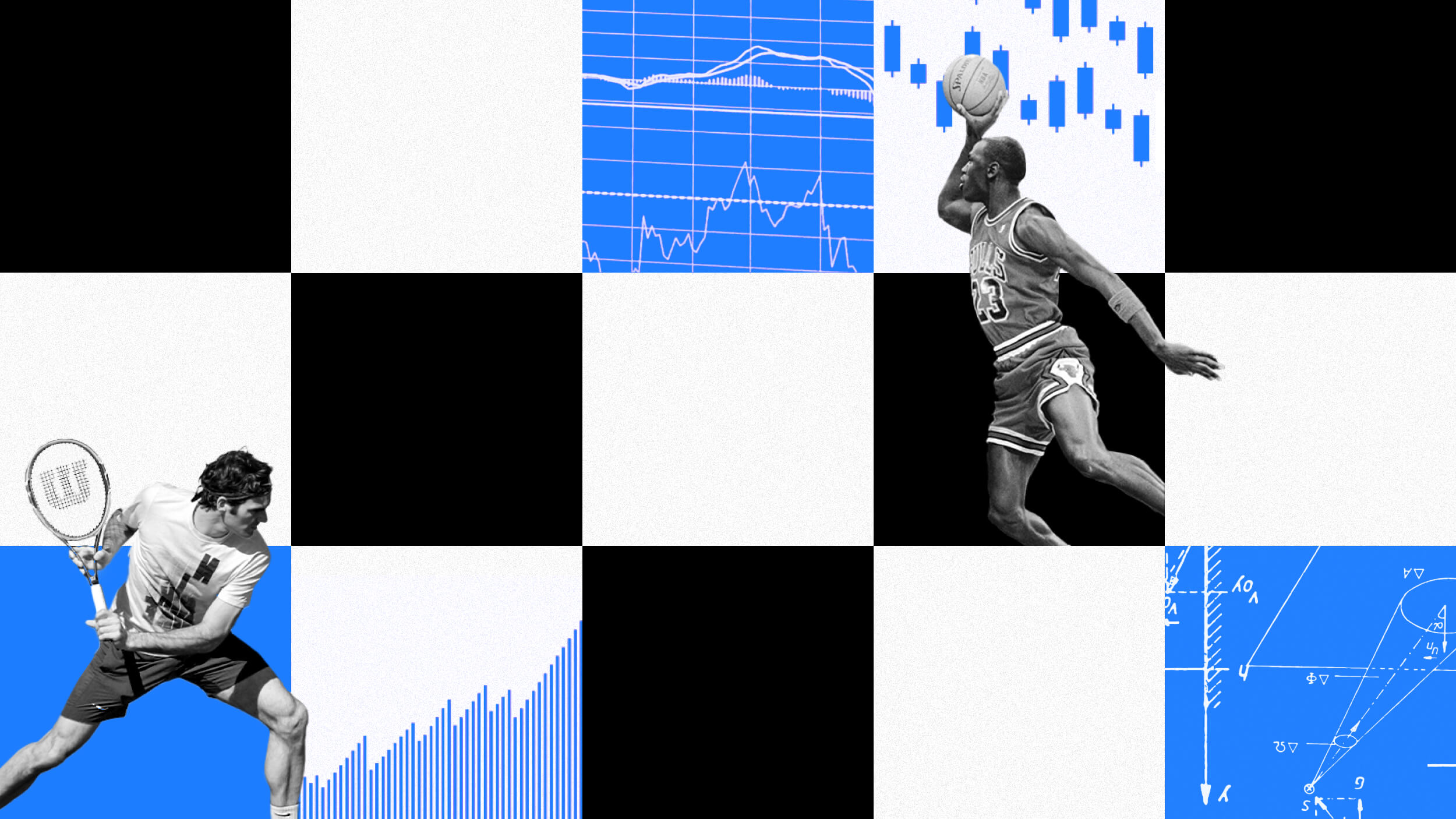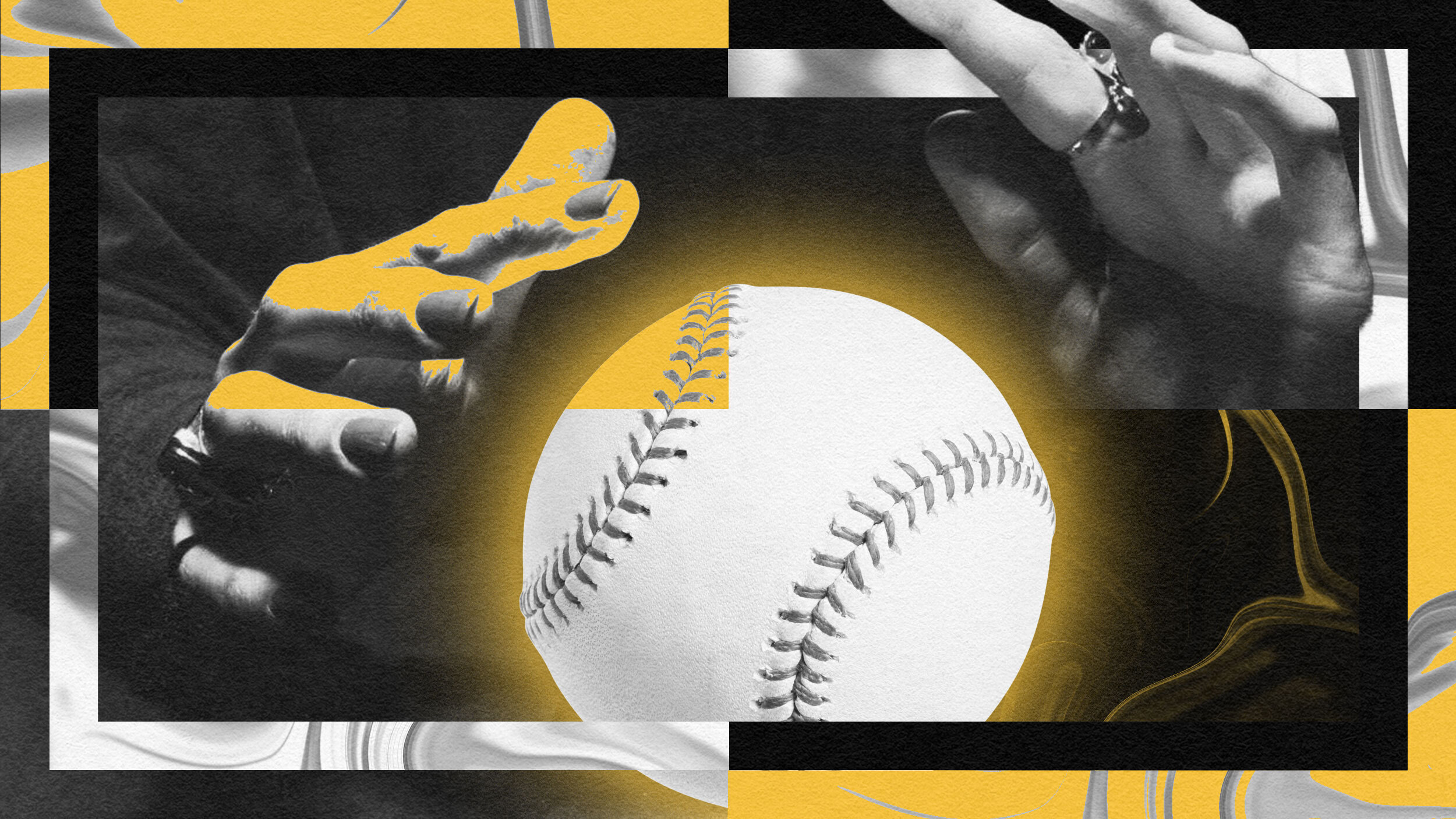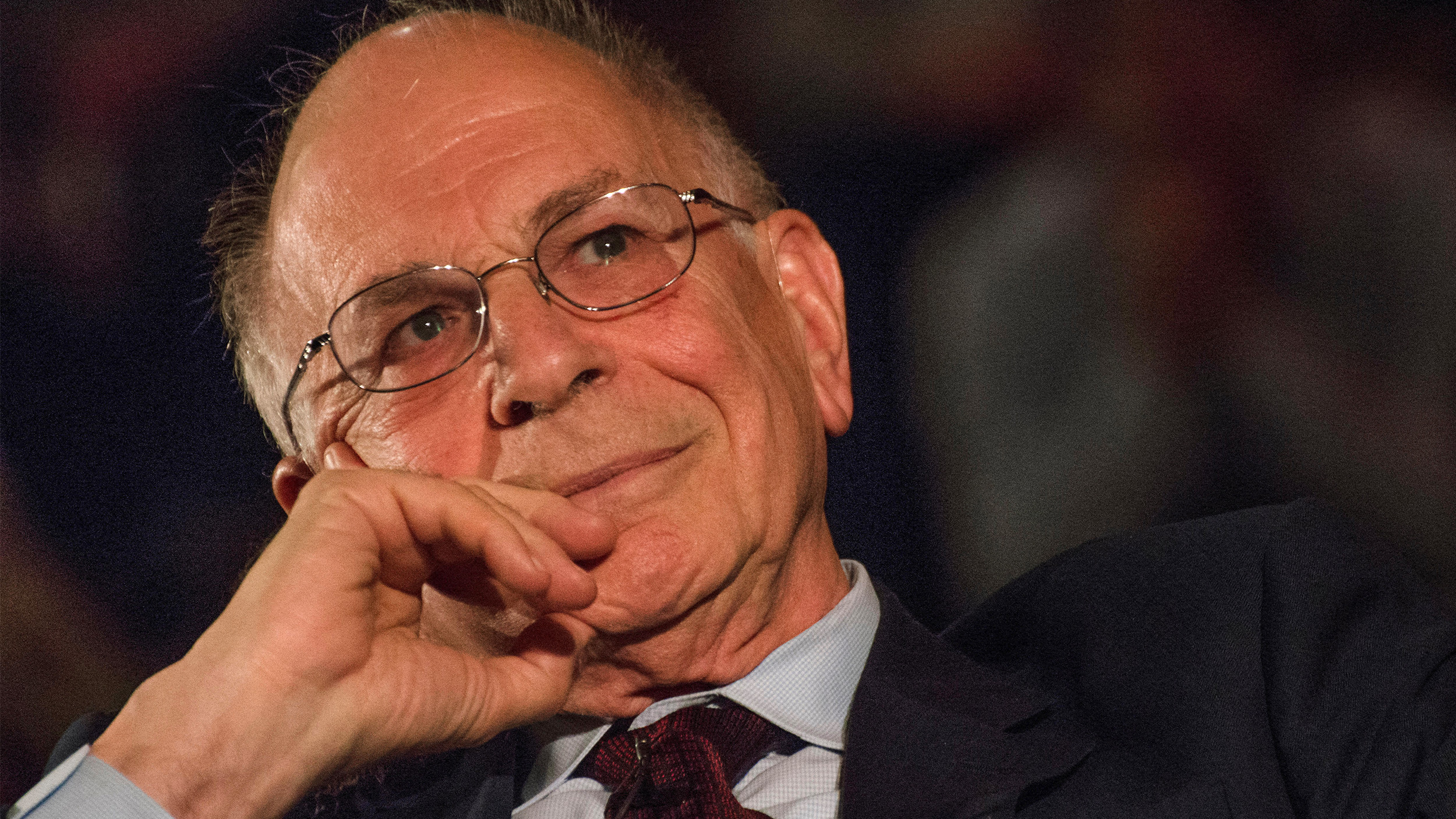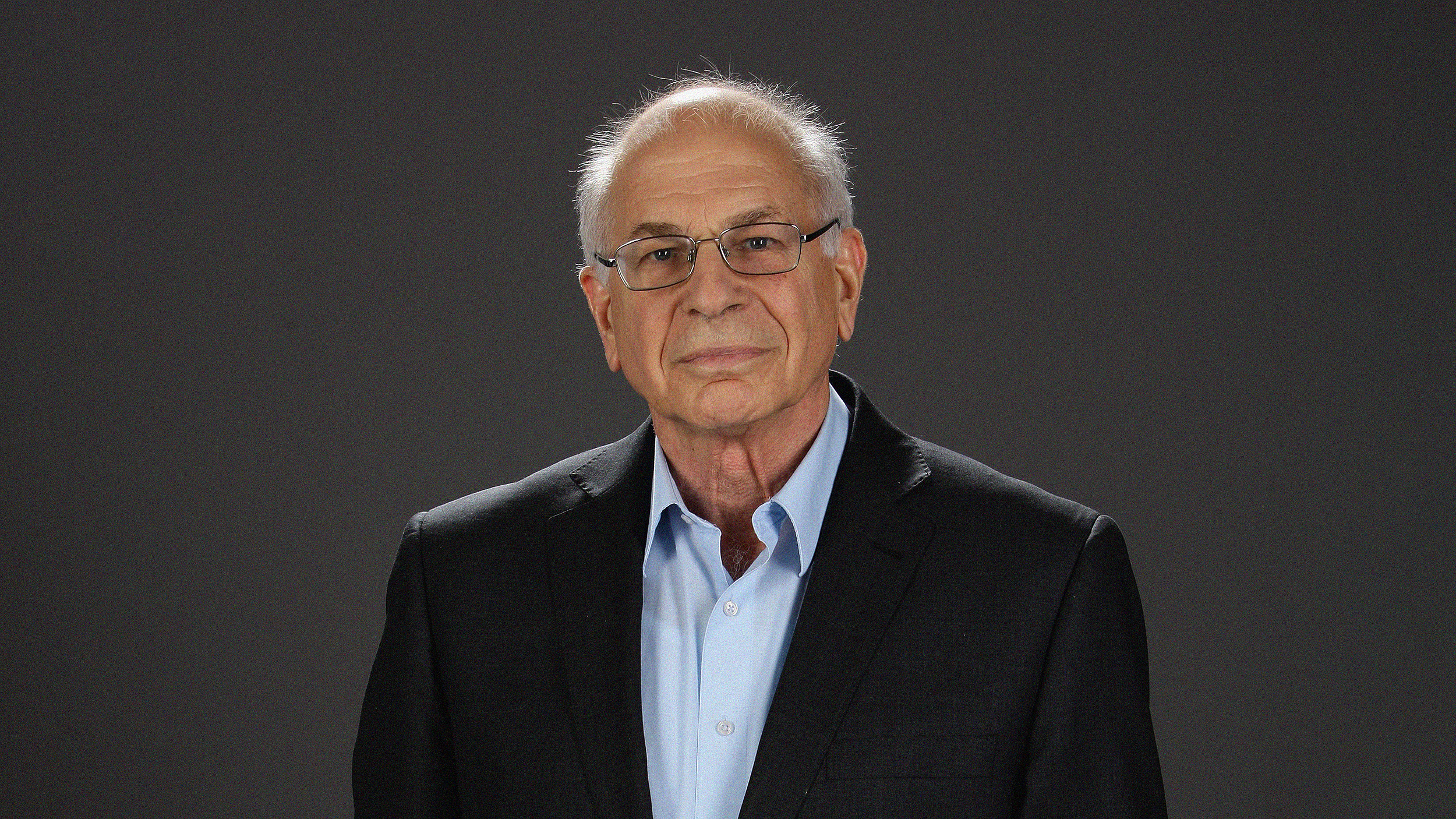The Trouble With Confidence

. . . is that it’s a completely unreliable guide to decision making. Yet we tend to trust it implicitly, in ourselves and in others. This insight belongs to psychologist Daniel Kahneman – Nobel Prize winning cartographer of the human mind, and the author of Thinking, Fast, and Slow.
Kahneman’s decades of research, much of it in collaboration with his close friend and colleague Amos Tversky, has mapped out two systems of thinking: the fast (intuitive) and the slow (deliberative). Experts in a subject – chess, for example – tend to make pretty good snap judments in their area of expertise. This is because they’ve internalized and automated whole chunks of knowledge and patterns of thought through years of practice. If a Grand Master in chess is confident in a move he’s made quickly, there’s a good chance he’s right.
The trouble, says Kahneman, is that we’re often confident in our intuitive judgments even when we have no idea what we’re doing. And to make matters worse, we tend to evaluate the reliability of other people’s decision making on the same basis – if they’re confident, they must know what they’re talking about.
This can become disastrous when taken to the national or global level. Given a choice between two presidential candidates, we’re likely to choose the one who appears more confident, regardless of whether or not she’s the wiser, better informed candidate. Leaders of nations, deeply confident in diametrically opposed positions, wage protracted wars with enormous human costs and no satisfactory resolutions. Born in Nazi Germany and raised in Israel, Kahneman has ample firsthand experience of how this plays out.
So what are we to do about it? While Kahneman would be the first to admit that the mind’s habitual traps are deeply pernicious (how do you escape a labyrinth of your own making?), he has spent a lifetime questioning his own and other people’s judgment – asking “what do I think I know and why do I think I know it?” and testing the validity of those beliefs. We can do the same. Maybe not in he heat of the moment, but later, upon reflection, we can cultivate the habit of analyzing and evaluating our own decisions. And while we’ll never be flawless, decision-making machines (even in those rare scenarios when we know most of the variables), with enough practice we can undermine some of our blind confidence in confidence.
Follow Jason Gots (@jgots) on Twitter
Image credit: Shutterstock.com





